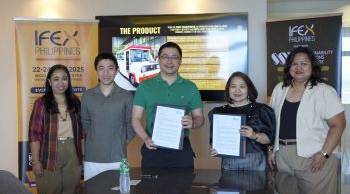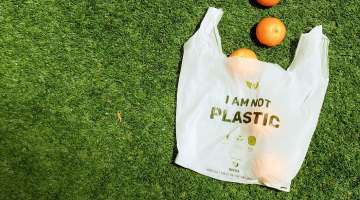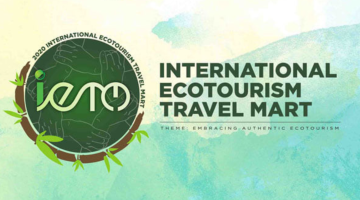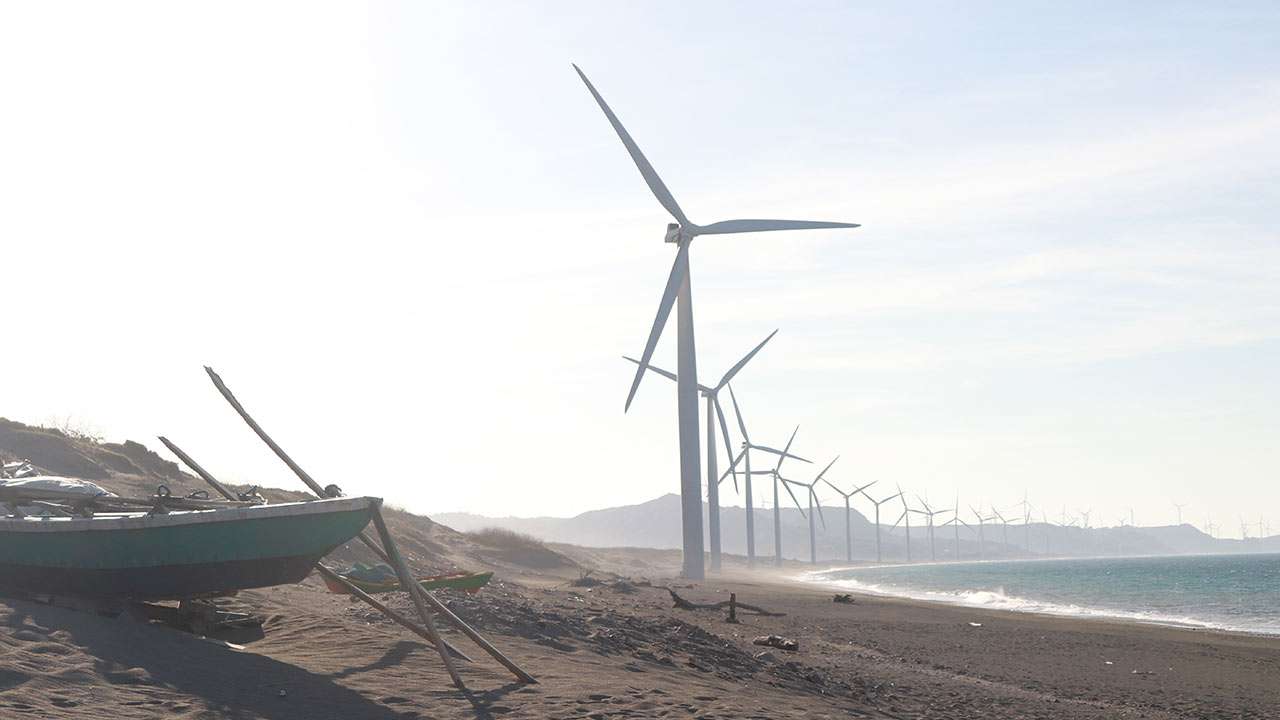POSTED Mar 22, 2022 - 10:51 AM
The highs and lows of Philippine sustainable energy policies, based on World Bank report
World Bank’s sustainable energy report gave the country an average rating for renewable energy and energy efficiency
Original article by Yann Magcamit
This story was originally published on Nolisoli.ph
When it comes to sustainable energy policies, how does the Philippines fare against other countries? World Bank’s Regulatory Indicators for Sustainable Energy 2020 report said that the country is doing well—but only when it comes to drafting such policies. In terms of execution, it only ranked average with several areas to improve on.
The 2020 report measured how policies in renewable energy, energy efficiency, and access to electricity and clean cooking have progressed in 138 countries. These areas were specifically chosen as they are part of the United Nations Sustainable Development Goal 7 targets, which aim for accessible, affordable, and reliable energy by 2030.
The report classified countries into three groups: Those that scored at least 67 points in all three areas did well, while those with scores between 34 to 66 points were rated average. Scoring even less means those countries are lagging behind others when it comes to drafting and implementing sustainable energy policies.
Overall, the Philippines garnered 51 out of 100 points. Despite earning a perfect score for electricity planning, data showed that the actual approved energization plan only managed to do half of what was promised. The country also lacked geospatial mapping and service-level targets like the number of guaranteed hours of available electricity. According to the report, the plan also did not address the particular needs of female-headed households and of informal settlers.
Although the Philippines has a legal framework for clean energy, the renewable energy expansion plans and incentives in the country were also deemed mediocre with just 60 points. World Bank’s report also noted that the Philippines did not have carbon pricing and monitoring policies in place. These factors led to a low score of 59 points in the renewable energy category.
The country’s energy efficiency score was even lower at 57 points, and access to clean cooking recorded an even worse score of only eight points.
Other countries’ performances
Overall, the Philippines had the same total points as Nigeria, while it was India that topped the list with 86 points. China and the United States also performed poorly, scoring only 56 and 36 points, respectively.
Colombia, one of the top-performing countries in the renewable energy aspect, was said to have set targets for renewables in electricity, offer small-scale producers long-term power purchase agreements for renewable electricity production, introduce other direct fiscal incentives for renewable energy, and planned policies to encourage the transportation sector to adopt cleaner-powered modes of transport, financial support for electric and hybrid vehicles, and electrification of public transportation.
Meanwhile, the World Bank noted Panama as a fast improver among Latin America and Caribbean countries when it came to energy efficiency policies. According to the report, the country implemented mandates for small and medium-sized enterprises and binding energy-saving obligations for public buildings covering water supply, wastewater services, municipal solid waste, street lighting, transportation, and heat supply.
The World Bank also noted that among countries with the highest access deficits, Ethiopia, Nigeria, and Tanzania have made the most progress in adopting corrective policies in electricity access since 2017. Among the greatest policies they improved on are frameworks for mini grids, consumer affordability, and utility transparency.
Data from the report showed that clean cooking is the most overlooked pillar of sustainable energy when it comes to policymaking. Among suggestions for nations that wish to improve on it is gradually stepping away from artisanal production of biomass stoves toward clean solutions like liquefied petroleum gas, biogas, and electricity.
Based on findings from this report, policymakers in the country can pinpoint which areas to improve on and take the lead to make a more sustainable and eco-friendly Philippines. In order to achieve a higher status, more efficient sustainable energy policies must be made and enacted in the next few years. Additionally, businesses are major stakeholders in sustainable development as well. Once policies are in place, businesses should be encouraged to align their framework and operations with it—like several local corporations that have opted for renewable energy sources after setting net zero goals.
The government can achieve this compliance from businesses by offering incentives and providing assistance through platforms like Sustainability Solutions Exchange (SSX), which is an online portal that provides information to professionals about sustainability practices and solutions in different local industries.
SSX also directs business owners to sustainable bills and projects that they can consult when transitioning to a more eco-friendly framework in line with the country’s policies.
Read more

CITEM to spotlight local jeepney maker’s electric multi-purpose vehicles overseas
Seeking greater exposure overseas for its sustainable vehicles, renowned Filipino jeepney manufactur... Learn More

A bagful of hope for Mother Earth CITEM partners with Oikos Philippines
Only a few weeks left before IFEX Philippines 2024 brings the food community a salu-salo to find the... Learn More

Healthy snacking as a wellspring for sustainability
Re-imagining nutrition and sustainability in today’s instant gratification society Learn More

CITEM joins world’s 1st eco-tourism travel mart
DTI's export promotions arm eyes to showcase sustainable brands Learn More
